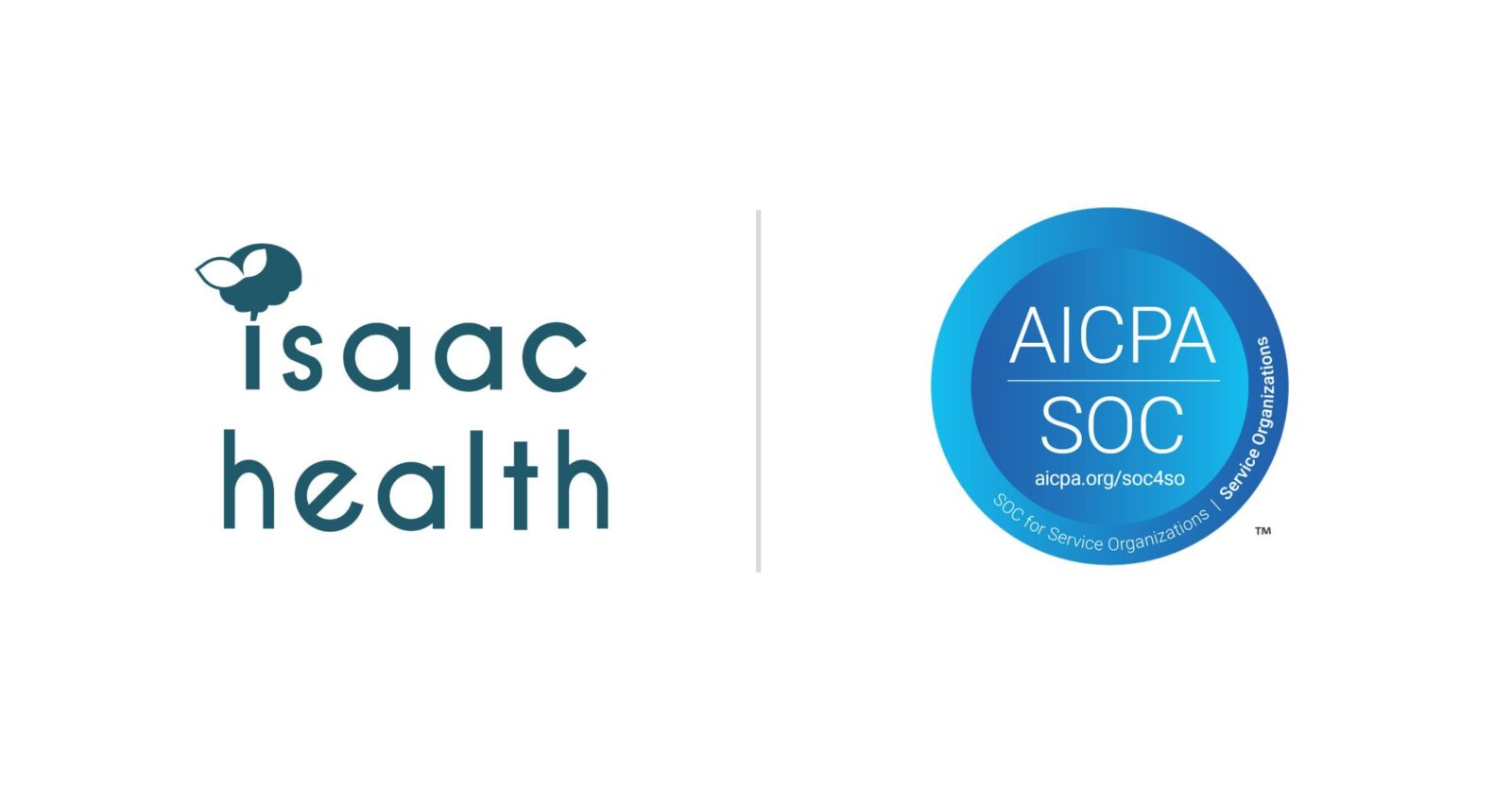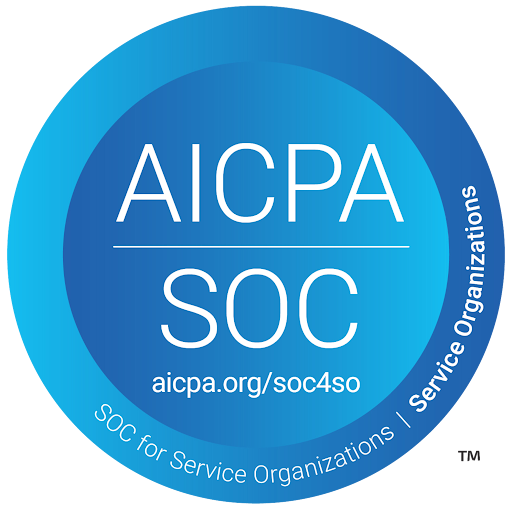At Isaac, we understand the importance of cognitive health, which is why we offer cognitive therapy to our patients. Cognitive therapy, also known as cognitive remediation or cognitive rehabilitation, is a type of therapy that helps improve cognitive function, particularly for individuals with cognitive impairments due to various medical conditions. In this blog post, we’ll explore what cognitive therapy is, summarize the most compelling research on it, discuss the differences between in-person and virtual visits, highlight its inclusion in the American Academy of Neurology’s practice guidelines, and introduce key points from the Continuum Journal’s issue on cognitive rehabilitation.
What is Cognitive Therapy?
Cognitive therapy is a type of therapy that focuses on improving cognitive function in individuals with cognitive impairments caused by various medical conditions such as traumatic brain injury, stroke, or multiple sclerosis. This therapy aims to enhance cognitive abilities such as attention, memory, and problem-solving through targeted exercises and training. Cognitive therapy is typically provided by neuropsychologists or other healthcare professionals with specialized training in cognitive rehabilitation.
Compelling Research on Cognitive Therapy
Studies have shown that cognitive therapy can be effective in improving cognitive function in individuals with cognitive impairments caused by various medical conditions. For example, a study published in the Journal of Head Trauma Rehabilitation found that cognitive therapy was associated with significant improvements in cognitive function for individuals with traumatic brain injury. Another study published in the Journal of Neurology found that cognitive therapy was effective in improving cognitive function in individuals with multiple sclerosis
Inclusion in the American Academy of Neurology's Practice Guidelines
The American Academy of Neurology has updated its practice guidelines to include cognitive rehabilitation therapy as a recommended treatment option for individuals with cognitive impairments caused by various medical conditions. This update reflects the growing body of research supporting the effectiveness of cognitive therapy in improving cognitive function.
In-Person vs. Telehealth Visits
Cognitive therapy can be provided in-person or through telehealth visits. Telehealth visits offer the convenience of receiving therapy from the comfort of your own home while maintaining the same quality of care as in-person visits. A study published in the Journal of Rehabilitation Medicine found that cognitive therapy provided through telehealth visits was non-inferior to in-person therapy in terms of effectiveness. At Isaac Health, we offer both in-person and virtual visits for cognitive therapy.
Availability and Wait Times
Cognitive therapy can be hard to find, but some academic medical centers offer this service. However, wait times can be long to be seen when it is present. At Isaac Health, we are proud to offer cognitive therapy to our patients, and we strive to make it as accessible as possible. Contact us to schedule an appointment.
Key Points About Cognitive Therapy
Individualized approaches to cognitive rehabilitation are critical for success, as each patient has unique needs and goals. A personalized therapy plan can be developed to address specific cognitive deficits and to adapt to changes in the patient’s condition over time. The use of technology in cognitive therapy, including virtual visits, can improve accessibility and convenience for patients, while also allowing therapists to track progress and make adjustments to therapy plans as needed. Additionally, the integration of cognitive therapy with other forms of rehabilitation, such as physical therapy or speech therapy, can lead to more comprehensive care and improved outcomes for patients with neurological conditions. By addressing the cognitive and physical aspects of their condition, patients can achieve better overall functioning and quality of life.
Cognitive therapy is a valuable treatment option for individuals with cognitive impairments caused by various medical conditions. It is effective in improving cognitive function, and its inclusion in the American Academy of Neurology’s practice guidelines reflects its growing importance in clinical practice. At Isaac Health, we currently offer cognitive therapy to our patients through telehealth visits that can be scheduled easily within a few days — often within the same week. Contact us to schedule an appointment and take the first step towards improving your cognitive health.
Sources
American Academy of Neurology. Practice guideline update summary: Mild cognitive impairment. Available at: https://www.aan.com/Guidelines/home/GuidelineDetail/881
Cicerone, K. D., Goldin, Y., Ganci, K., Rosenbaum, A., Wetheimer, V., Langenbahn, D. M., Malec, J. F., Bergquist, T. F., Kingsley, K., Nardone, A., & Trexler, L. (2019). Evidence-based cognitive rehabilitation: Systematic review of the literature from 2009 through 2014. Archives of Physical Medicine and Rehabilitation, 100(8), 1515-1533. https://doi.org/10.1016/j.apmr.2019.01.014
Clare L, et al. Cognitive rehabilitation and cognitive training for early-stage Alzheimer’s disease and vascular dementia. Cochrane Database Syst Rev. 2019 Mar 13;3(3):CD003260. doi: 10.1002/14651858.CD003260.pub2.
Continuum Journal. (2021). Key points for issue: Cognitive rehabilitation. Retrieved from https://journals.lww.com/continuum/Fulltext/2021/12000/Key_Points_for_Issue.25.aspx
Forchetti, C. M., & McQuaid, J. R. (2021). Cognitive rehabilitation. In StatPearls [Internet]. StatPearls Publishing. Retrieved from https://www.ncbi.nlm.nih.gov/books/NBK559045/
Jutten RJ, et al. Cognitive rehabilitation and cognitive training for mild to moderate Alzheimer’s disease and vascular dementia: a review. Alzheimer’s Res Ther. 2020 Nov 6;12(1):141. doi: 10.1186/s13195-020-00718-3.
Laver K, et al. Cognition-focused interventions for people with dementia: an overview of systematic reviews. Cochrane Database Syst Rev. 2020 May 8;5(5):CD013650. doi: 10.1002/14651858.CD013650.
Patel, R., Sulway, S., Brunner, M., Tham, K., & Chow, E. (2020). Tele-rehabilitation in persons with cognitive impairment: A systematic review. Disability and Rehabilitation: Assistive Technology, 15(5), 461-470. https://doi.org/10.1080/17483107.2019.1628135
Waldorff FB, et al. Efficacy of psychosocial interventions for psychological and behavioral outcomes in persons with mild cognitive impairment, mild dementia, and Alzheimer’s disease: a systematic review and meta-analysis. Aging Ment Health. 2019 Nov;23(11):1577-1586. doi: 10.1080/13607863.2018.1515204.
Zhang Y, et al. Cognitive intervention for individuals with mild cognitive impairment: a meta-analysis. Ageing Res Rev. 2020 May;59:101039. doi: 10.1016/j.arr.2020.101039.
Zheng X, et al. Cognitive stimulation therapy for Alzheimer’s disease and mild cognitive impairment: a meta-analysis of randomized controlled trials. Neuropsychiatr Dis Treat. 2020 May 26;16:1329-1342. doi: 10.2147/NDT.S251149.








